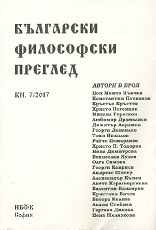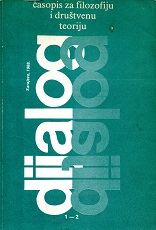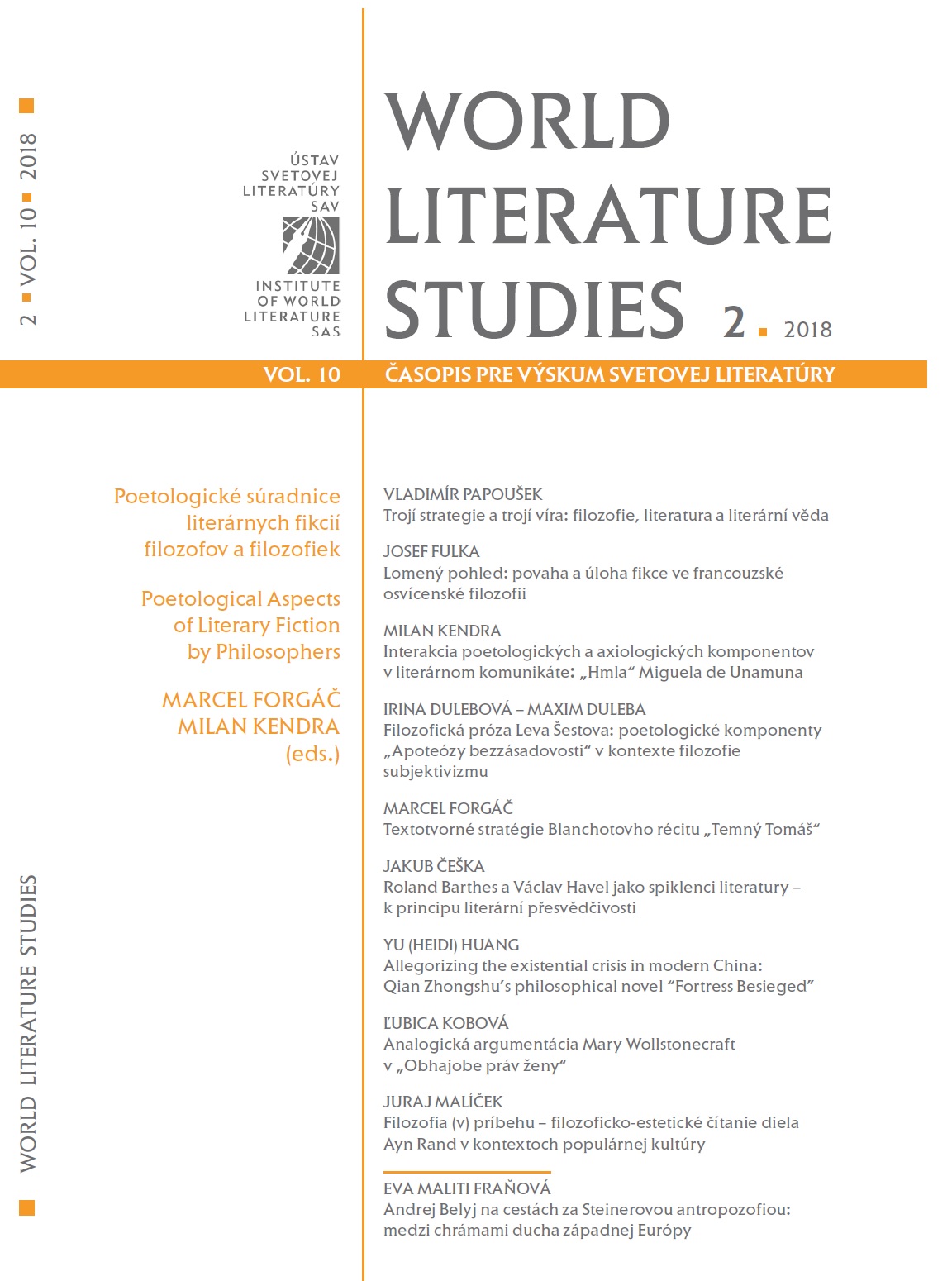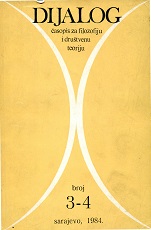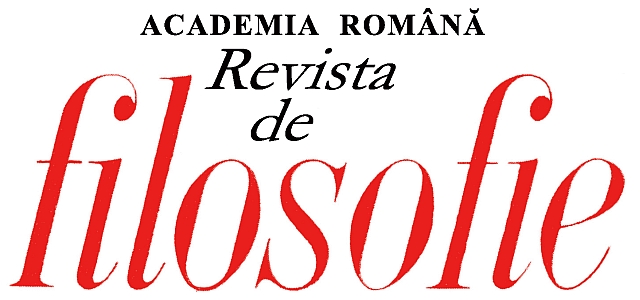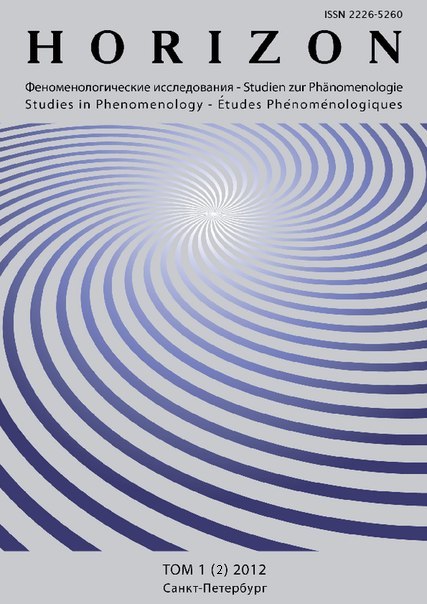
Обзор международной конференции «Метафизика Лейбница и феноменология виртуальности» 20–21 июня 2012 г. Каунас, Литва
The analysis of Leibniz’s heritage and phenomenology of virtuality in the title of this conference do not exhaust the whole variety of topics, but rather are the poles between which the discussion has been developing. Monadology of Leibniz became the place of concurrence of absolute identity and unique ecstatic that gave rise to a specific discourse of virtuality.
More...


